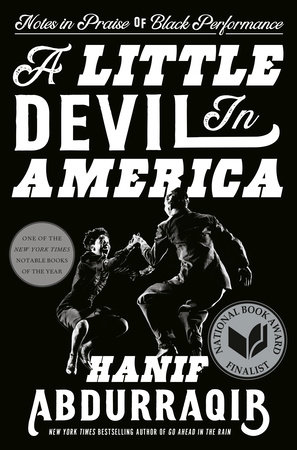Life Everlasting by Bernd Heinrich (2012) 236pp
Inspired by a dying friend who asks for advice on end-of-life alternatives, naturalist Heinrich describes the life-to-death cycle of nature in a folksy style and answers his friend's query. Supported by a meticulous life of observation of the natural world and using examples of dung beetles, sphinx moths, trees, ravens, etc. he demonstrates the interconnectedness of, well, everything. And by definition, the death of everything. But in his sprawling exercise he primarily emphasizes that the cyclical nature of nature. In addition to the mindful essays, the work is illustrated with the author's intricate line drawings. The final essay answers his friend's query on making informed choices at the end of our cycle.

















































